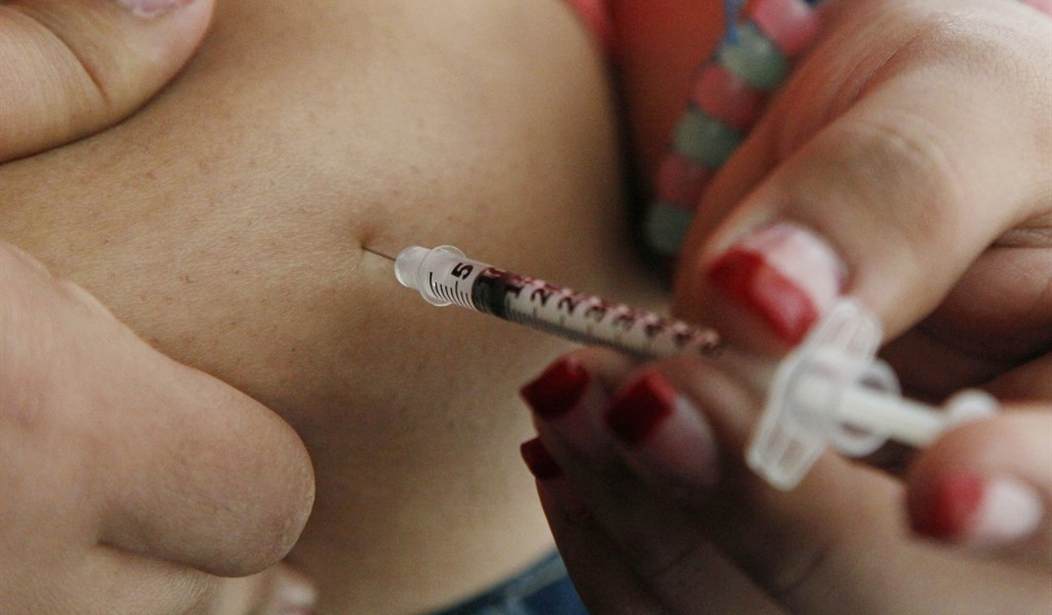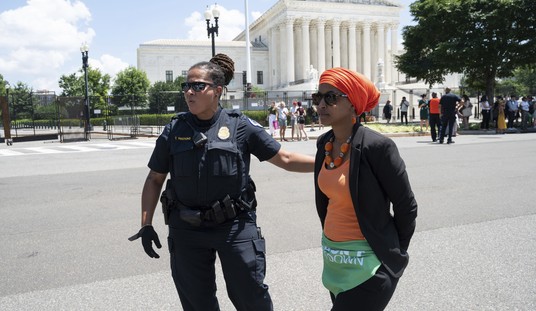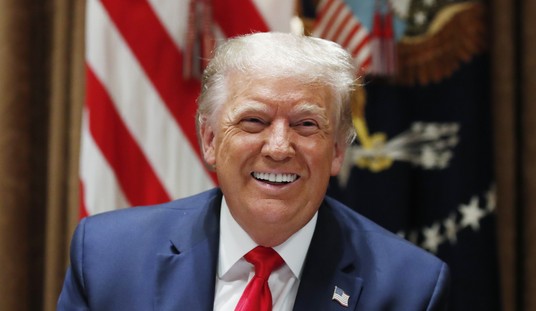The state of Mississippi has filed a lawsuit accusing major pharmaceutical companies of orchestrating an across-the-board insulin price spike after the Biden administration dropped a rule change by the previous administration aimed at lowering them.
Mississippi Attorney General Lynn Fitch sued the top three insulin manufacturers, saying they were increasing the price of the drug, in some cases nearly 1000%.
“Because of Manufacturer Defendants’ collusive price increases, nearly a century after the discovery of insulin, diabetes medications have become unaffordable for many diabetics,” the lawsuit says.
Mississippi is a unique state as almost 12% of its population is uninsured, which means many will have to pay higher out-of-pocket prices for drugs like insulin, which have seen their list prices skyrocket while net prices (when rebates are factored in) have risen more slowly.
About 60,000 of those who are uninsured in Mississippi are also diabetic, the suit says, meaning that they have had to pay “indefensible out-of-pocket costs” in recent years while the pharmacy benefit managers negotiating the deals between the manufacturers and the payors have been rewarded handsomely.
Congress has tried several times over recent years to get the price of insulin down, but failure to do so led the Trump administration to a rules change that would have made it easier for patients in rural communities to have access to insulin and other drugs at lower costs. That rule was paused by the Biden administration in January, and earlier this month the White House upheld the decision to scrap it.
All of this comes at the same time as Chuck Grassley and Ron Wyden spearhead an effort to raise before Congress the issue of the surging insulin prices. Grassley and Wyden released a report that “sheds light on factors that led to the surging list price of insulin—a drug that’s been available for almost a century—which has doubled or in some cases tripled in just the past decade, and provides new insight into how the opaque business practices of pharmaceutical manufacturers and pharmacy benefit managers (PBMs) impact patients, Medicare Part D, and private health plans.”
“There is clearly something broken when a product like insulin that’s been on the market longer than most people have been alive skyrockets in price. Our investigation worked to get to the bottom of this. We found that the business practices of and the competitive relationships between manufacturers and middlemen have created a vicious cycle of price increases that have sent costs for patients and taxpayers through the roof. This industry is anything but a free market when PBMs spur drug makers to hike list prices in order to secure prime formulary placement and greater rebates and fees,” Grassley said. “Tens of millions of Americans, from every generation and background, depend on insulin. This report pulls back the curtain on the drivers of spiking prices. It’s a perfect example of why we ought to continue pushing for bipartisan legislation and oversight to address this problem.”
“This investigation makes clear that consumers are the only ones losing out in America’s broken drug pricing system, since every part of the pharmaceutical supply chain benefits from higher list prices. Insulin manufacturers lit the fuse on skyrocketing prices by matching each other’s price increases step for step rather than competing to lower them, while PBMs, acting as middlemen for insurers, fanned the flames to take a bigger cut of the secret rebates and hidden fees they negotiate. Consolidation within the PBM industry has not improved the situation,” Wyden said. “These findings make it clearer than ever why Congress must make fundamental reforms to the way drugs are priced and paid for.”
Why the Biden administration would scrap a rule that would make the drug cheaper for Americans is a mystery, but the effect could be catastrophic for patients across the country. The companies in question are now ignoring the ceiling prices that were originally established under rule 340b in what appears to be a violation of the law and would result in several highly inconvenient changes for patients across the country.
One rural hospital shut down its ER because of the 340b rule change being suspended. As this continues to happen, it will force people seeking emergency help to travel an extra 15 to 30 minutes to a health center that can accommodate them.
It will not just be the Mississippi Attorney General nor two U.S. Senators who will push for changes. As the situation worsens, it will mean more angry constituents and force more politicians to get involved.













Join the conversation as a VIP Member